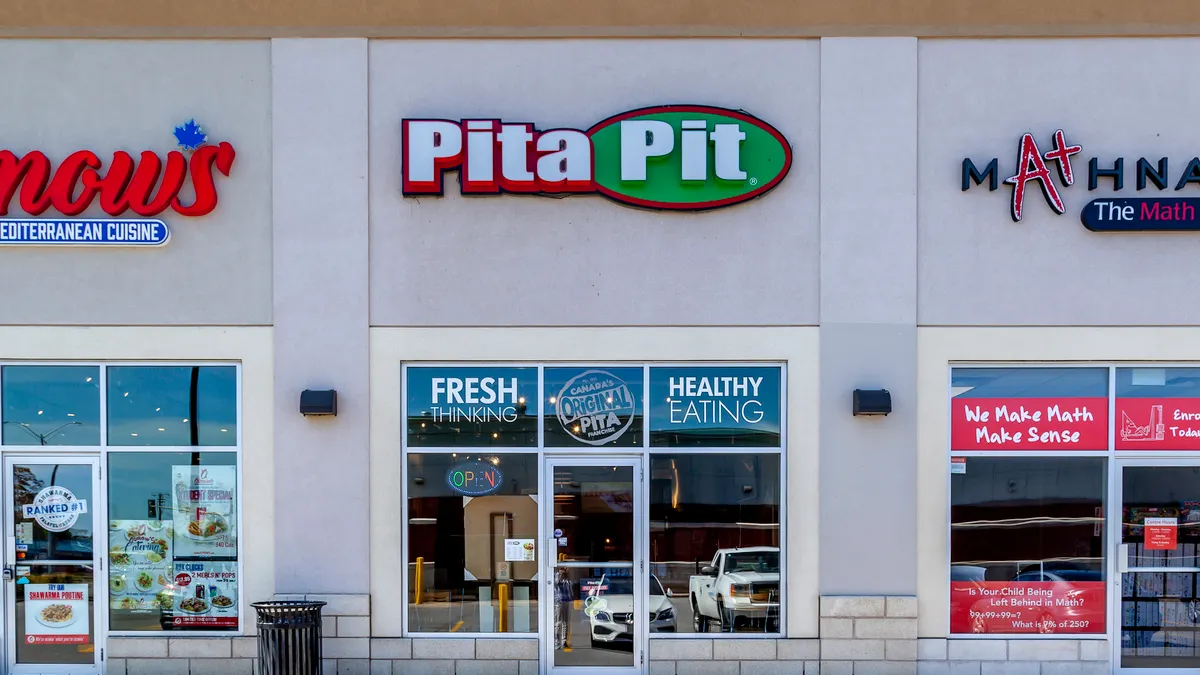Alongside other pandemic-fueled changes like remote work and flexible scheduling, many are lobbying for remote review of Form I-9 documents to become a lasting practice. U.S. Immigration and Customs Enforcement introduced virtual review as a temporary COVID-19 safety measure, but supporters argue it should be made permanent, citing the measure's simplicity and efficacy.
As the pandemic first spread through the country, ICE announced in March 2020 that it would suspend its requirement that employers review identity and employment authorization documents in employees' physical presence. Instead, employers operating remotely could review new employees' documents remotely and re-inspect them in person once they returned to the office.
ICE has since extended remote review permissions many times, with the most recent extension giving employers the OK to continue the practice through April 2022. Amid the steady stream of extensions, ICE asked employers in October 2021 to comment on their experiences with remote review so it could consider the possibility of permanent flexibilities.
Months prior, the Society for Human Resource Management called on the agency to permanently allow employers to remotely review employee documentation for Form I-9. When asked why the group recommended the shift, SHRM Chief of Staff and Head of Government Affairs Emily M. Dickens suggested the change was overdue.
"Quite frankly, it was time," Dickens said. "Before the COVID-19 pandemic, many SHRM members indicated they would benefit greatly from the availability of virtual I-9 completion."
Dickens noted that employers' I-9 frustrations were "many and well-known." In May 2021, a SHRM member survey revealed widespread dissatisfaction with current I-9 operations. Nearly 80% of those surveyed said compliance with the current I-9 process is "burdensome."
The option to review I-9 documents remotely would alleviate some of this burden and increase compliance, Dickens said. She noted that SHRM expects the government to issue a proposed rule granting virtual I-9 review permanently; a formal Notice of Proposed Rulemaking is slated for June.
Raymond Lahoud, member at Norris McLaughlin, agreed. The comments employers reported to ICE have mostly supported the change, said Lahoud, who chairs his firm's immigration practice. "I don't see why the regulations wouldn't be made permanent," he said. "I foresee remote I-9 operations becoming a permanent fixture."
Best practices for a remote future
The temporary option for virtual I-9 operations changed the onboarding process for remote employers, Dickens said. Dickens and Lahoud offered several best practices for employers to consider should the virtual option become a lasting choice.
At some time, this information will be audited, so employers must have a good handle on their virtual I-9 processes

Emily M. Dickens
SHRM Chief of Staff and Head of Government Affairs
Centralized reviews
The permissions allow employers to centralize compliance, both Dickens and Lahoud noted.
They recommended employers designate one person, or one group of people, to head up I-9 document review. Reserving I-9 review for select individuals ensures compliance in two respects: preventing discrimination and ensuring that the reviewer is able to detect false documents. "There shouldn't be dozens of people around the country reviewing the documents," Lahoud said. "Different eyes see different things."
Centralized review saves employers time by taking away work from hiring managers and others involved in onboarding. "It should also reduce costs for companies that rely on third parties to complete I-9s using an authorized representative process," Dickens said.
Top tech
Employers should invest in gear like cameras to make remote I-9 review as thorough as possible, Dickens said. They'll need to be wary as they shop, however, and "conduct diligence on all vendors and product offerings prior to working with them," Dickens said.
She also noted that companies will need to provide an alternative method of review for employees who are unable to participate in video calls.
Safe storage
Employers must consider how they will store I-9 documents reviewed remotely.
"It has to be incredibly safe and secure," Lahoud said. "It can't be emails back and forth. You have to keep documents central and safe. Keep a repository. Maintain the chain of command."
Lahoud acknowledged some employers may attempt to do paper and electronic I-9s. He recommended against the practice but said employers taking a dual approach should be sure to distinguish which reviews were conducted remotely and which were done the old-fashioned way.
No matter what, focus on compliance
Lahoud and Dickens emphasized the need for employers to be ready for audits. "At some time, this information will be audited, so employers must have a good handle on their virtual I-9 processes to ensure their onboarding processes are compliant," Dickens said.
Lahoud noted that the arrival of the Biden administration brought a decrease in audits, but stressed the need for preparedness anyway.
"People shouldn't let their guard down. You never know who's going to be in office next, who's going to take over a certain department," Lahoud said. "In the end, this has been the law since 1986. Don't ease up on it even if it's a remote process. And even if it's not implemented, employers need to maintain compliance."




















